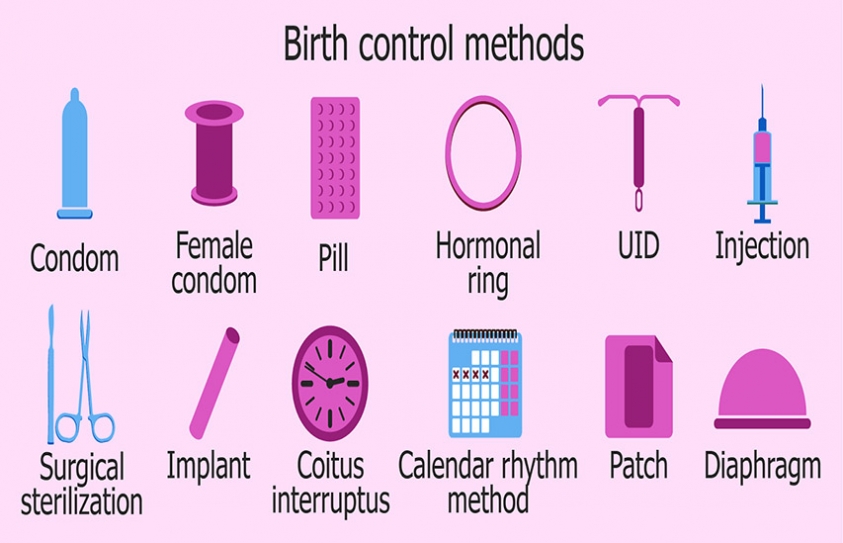
It’s 2017: Women in Developing Countries Wish to Space Out Pregnancy but Have No Access to Contraception.
by Aakanksha Solanki July 6 2017, 1:52 pm Estimated Reading Time: 2 mins, 15 secsWomen these day say that the developing countries want to avoid pregnancy or either postpone it, but not by using the latest available contraception methods. According to Guttmacher Institute the numbers that we’re talking here is about 214 million women. As a result, women in the developing countries have an unmet need for contraception, which according to the stats has dropped over the past three years, from 225 million in 2014.

A majority of these women live in Africa and Southern Asia, as a matter of fact 84 percent of unintended pregnancies are in developing countries. Only if they had access to the modern contraception methods, the estimated numbers from Guttmacher says that pregnancies in developing regions, 52 million of these unintended pregnancies could be averted, thus preventing the deaths of 70,000 women from pregnancy-related causes and induced abortions drop from 48 million to 13 million per year.

To meet the contraceptive and maternal and newborn health care in developing regions fully, spending $52.5 billion annually, or just $8.39 per person per year (in 2017 U.S. dollars) is necessary. Research shows that meeting the needs for modern contraception and prenatal care together is a cost-saving outlay. Investments in contraceptive services are considerably lower the cost of Maternal and Newborn Health care by decreasing the occurrences of unintended pregnancies. As a result, for each additional dollar spent on contraceptive services above the current level, the cost of prenatal care can be reduced up to $2.30.
Modern contraception approach is proved to be crucial for women’s personal financial safety and economic solvency of the developing regions. It’s only likely to discourse global poverty when unmet need of modern contraception is met to avoid unintended pregnancies. Which is also possible by empowering women to earn as much as men do, so that they save more money, by giving their children access to fundamental education and by depending less on government aid. “No country in the last 50 years has emerged from poverty without expanding access to contraceptives,” the Bill and Melinda Gates Foundation noted in its annual letter this year.
Developing regions where the accessibility of contraception is lacking, have terrible consequences for health and survival of women and infants. Given a chance, if women can avoid their pregnancies by at least three years, then children are twice as likely to see their first birthdays. Women’s bodies also are in state to bear the worries and anxieties of pregnancy and childbearing. Contraception methods is the best way for young women to delay pregnancy till the time their body is completely ready. .The Guttmacher analytics states that, with fully met contraceptive need in developing regions, a predictable 76,000 fewer women would die from prenatal and childbirth each year.




-173X130.jpg)
-173X130.jpg)
-173X130.jpg)
-173X130.jpg)
-173X130.jpg)
-173X130.jpg)

-173X130.jpg)